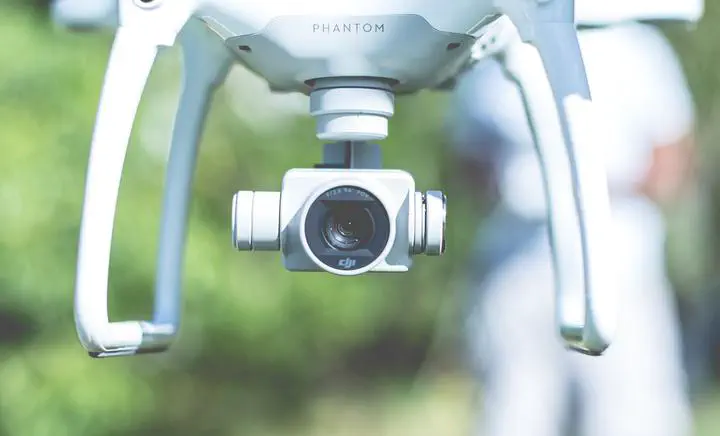Weakly Supervised Spatial Deep Learning based on Imperfect Vector Labels with Registration Errors

Abstract
This paper studies weakly supervised learning on spatial raster data based on imperfect vector training labels. Given raster feature imagery and imperfect (weak) vector labels with location registration errors, our goal is to learn a deep learning model for pixel classification and refine vector labels simultaneously. The problem is important in many geoscience applications such as streamline delineation and road mapping from earth imagery, where annotating imperfect coarse vector labels is far more efficient than drawing precise labels. But the problem is challenging due to the misalignment of vector labels with raster feature pixels and the need to infer true vector label location while learning neural network parameters. Existing works on weakly supervised learning often focus on noise and errors in label semantics, assuming label locations to be either correct or irrelevant (e.g., identical and independently distributed). A few works exist on label registration errors, but these methods often focus on label misalignment on object segment boundaries at the pixel level without guaranteeing vector continuity. To fill the gap, this paper proposes a spatial learning framework based on Expectation-Maximization that iteratively updates deep neural network parameters while inferring true vector label locations. Specifically, inference of true vector locations is based on both the current pixel class predictions and the geometric properties of vectors. Evaluations on real-world high-resolution remote sensing datasets in National Hydrography Dataset (NHD) refinement show that the proposed framework outperforms baseline methods in classification accuracy and refined vector quality.